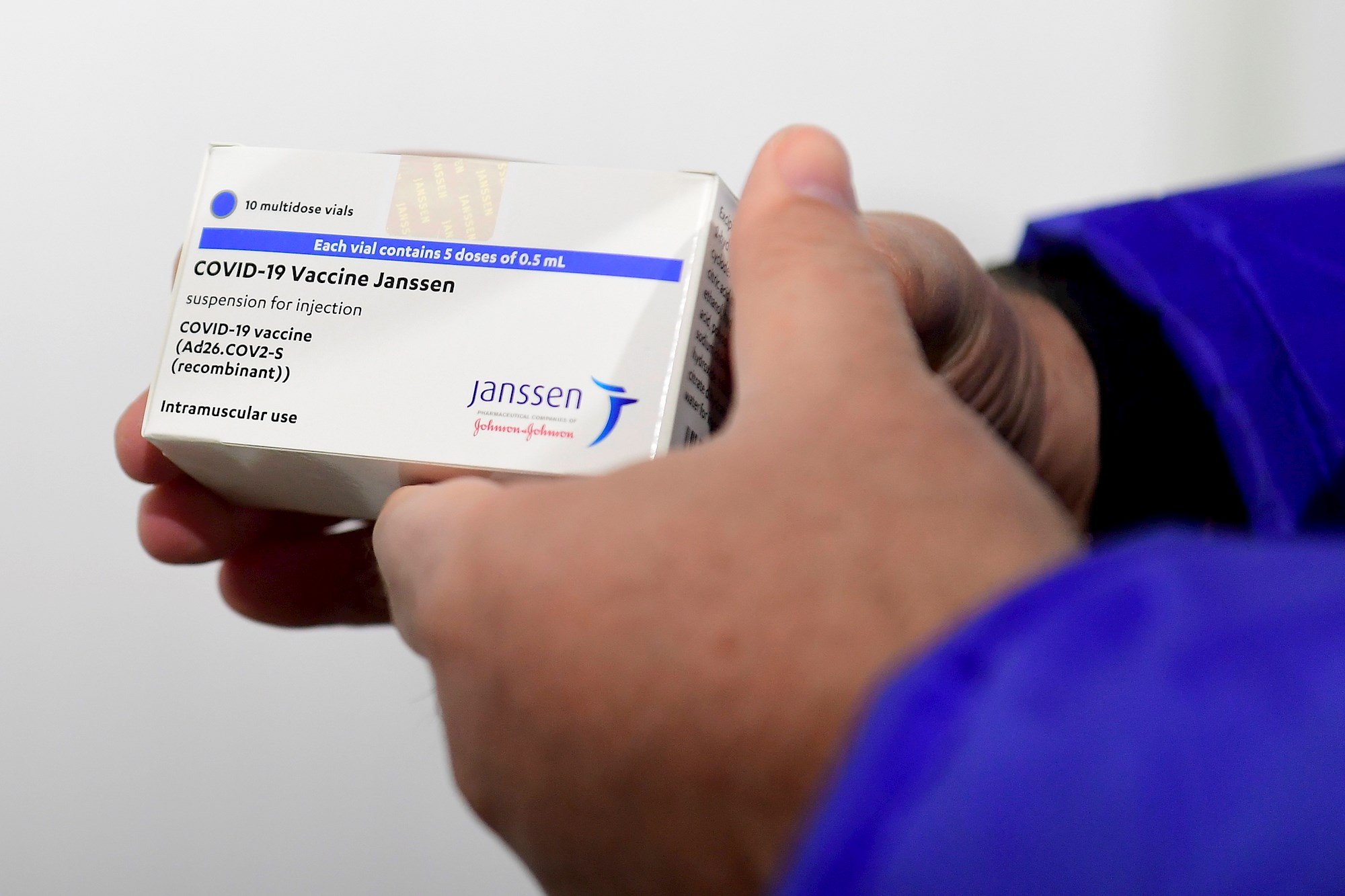Janssen has paused the distribution of their Covid-19 vaccine in Europe. The decision comes after the US Food and Drug Administration (FDA), the body that authorizes the distribution of drugs in the United States, called an immediate halt to the administration of this vaccine after cases of thrombosis. Janssen is the Dutch company which developed the vaccine, a subsidiary of the US firm Johnson & Johnson.
Janssen's decision reached the media headlines in the early hours of this Tuesday afternoon. The information available indicates that the company has taken the step to study the six cases of thrombosis registered in the United States in people vaccinated with its product.
The news came on the day that the Dutch-US vaccine was due to arrive in Spain. As announced yesterday by the Spanish health minister, Carolina Darias, these first doses were to arrive in the early hours of today and are intended for people in the 70-79 age group. The Spanish government expects 5.5 million doses to arrive between now and June.
In Catalonia, the arrival of the vaccine was expected tomorrow. Specifically, the Catalan government's health department had confirmed the arrival of 24,000 doses of Janssen.
Janssen's US suspension due to thrombosis
The US called a halt to vaccination with the Janssen/J&J medicine after six cases of thrombosis in people injected with the vaccine. According to The New York Times and El Independiente, all cases have occurred in women between the ages of 18 and 48. One has died and another is in critical condition.
The European Medicines Agency (EMA) stressed today that it is still "investigating" cases of thromboembolism detected in the United States after vaccination with Janssen. In this regard, it also warned that "it is currently unclear whether there is a causal connection" between the vaccine and these conditions.
An EMA spokesperson, in statements to the EFE agency, assured that the EMA safety committee has initiated "a review of safety indications" in relation to these cases. But the investigation is ongoing and "will decide whether regulatory action may be needed" when it reaches scientific conclusions.

